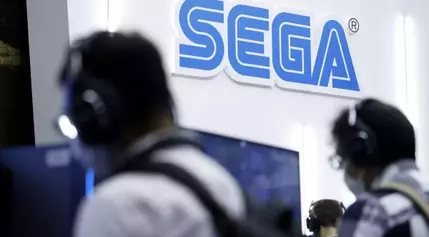
In a significant development within the tennis world, five-time Grand Slam champion Iga Swiatek found herself facing a one-month suspension after testing positive for the banned substance trimetazidine, commonly known as TMZ. This announcement came from the International Tennis Integrity Agency on Thursday. The 23-year-old from Poland, who had been ranked No. 1 for most of the past two seasons and won the French Open in June for her fifth major championship, was dealt a blow.
Details of the Doping Incident
Swiatek failed an out-of-competition drug test in August. The ITIA accepted her explanation that the positive result was unintentional and was caused by the contamination of a nonprescription medication, melatonin, which she was taking to address issues related to jet lag and sleeping. It was determined that her level of fault was "at the lowest end of the range for no significant fault or negligence."Comparison with Another High-profile Doping Case
This isn't the first doping case to make headlines in tennis. The top-ranked man, Jannik Sinner, faced a similar situation in March when he failed two tests for a steroid. However, he was cleared in August, just before the start of the U.S. Open, which he went on to win for his second Grand Slam title of the season. This shows that even among the top players, doping incidents can occur and have different outcomes.Impact on Swiatek's Career
Swiatek was already provisionally suspended from Sept. 22 to Oct. 4, missing three important tournaments during the post-U.S. Open hard-court swing in Asia - the Korea Open, the China Open, and the Wuhan Open. But after her appeal showed that the test result came from contaminated melatonin, the provisional ban was ended. Now, she will serve the remaining eight days of her one-month suspension while there is no competition and be cleared to return to play as of Dec. 4. Additionally, she was fined the prize money of 8,944 that she earned for her semifinal run at the Cincinnati Open in August.Lessons from the Case
ITIA CEO Karen Moorhouse emphasized the importance of this case for tennis players. "Once the source of the TMZ had been established, it became clear that this was a highly unusual instance of a contaminated product. In Poland, it is a regulated medicine, but globally, the situation is different. The fact that a product is regulated in one country cannot be sufficient to avoid any level of fault," Moorhouse said. "Taking into account the nature of the medication and all the circumstances, it does place that fault at the lowest end of the scale. This case is an important reminder for tennis players of the strict liability nature of the World Anti-Doping Code and the importance of carefully considering the use of supplements and medications."New

Entertainment

Entertainment

Entertainment
























































